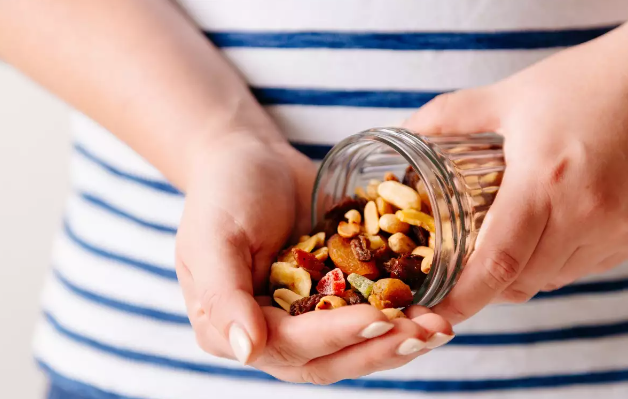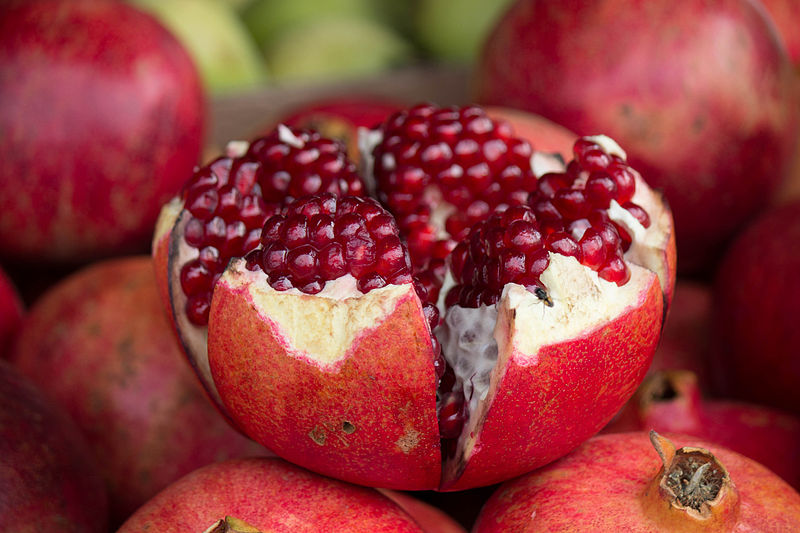Strawberries are a beloved, tasty fruit that pack a punch with vitamins and antioxidants. People around the world enjoy them, and they’re often found in various dishes. But some folks might get diarrhea after eating strawberries, which makes them wonder if these fruits are okay for their stomach.
Table of Contents
Why Do People Get Diarrhea?
Diarrhea means having loose, watery poops a lot. A bunch of different things can cause it, like germs, bad food, and some medicines.
Often, it’s because people eat food or drink stuff that has nasty germs in it.
Is It Possible That Strawberries Lead to Diarrhea?
Yep, some people might get diarrhea from strawberries. This can happen because strawberries have a lot of fiber and a sugar called fructose. Sometimes, it can be due to chemicals to keep bugs off the strawberries, being allergic to them, or germs that get on the fruit by accident. Even though strawberries are usually good to eat, they can cause tummy trouble for some.
Why some people run to the bathroom after eating strawberries can depend on different things, like:
Causes of Tummy Trouble from Strawberries
- Pesticides: Farmers use chemicals to keep insects and other critters off strawberries. If you eat strawberries with these chemicals, it might upset your stomach and cause diarrhea.
- Allergies: If you’re allergic to strawberries, your body might react badly, giving you diarrhea.
- Intolerance: Some folks’ bodies react badly to stuff in strawberries like fructose (a kind of sugar) or salicylates, making their stomachs upset.
- Germs: Strawberries could have E. coli or Salmonella on them, which are bad germs that make you sick and give you diarrhea.
Tips to Avoid Diarrhea When Eating Strawberries
If you don’t want to get diarrhea from strawberries, you can be careful about picking and preparing them, like this:
Picking the Best Strawberries
- Organic: Choosing organic strawberries means they don’t have those nasty chemicals on them.
- Freshness: Pick strawberries that look clean and aren’t moldy or squishy.
- Just Right: Ripe strawberries are the best—they should not be too squishy or too hard.
Getting Strawberries Ready to Eat the Right Way
- Wash Them: Rinse the strawberries well to get any germs or dirt off them.
- Trim Them: Cut off the top with the leaves and any bad spots before you eat them.
- Don’t Overdo It: Eat strawberries a little at a time. Eating a lot at once might upset your stomach.
In Summary
Even though strawberries are yummy and healthy, they might give some people diarrhea. This can be because of stuff like chemicals, allergies, or germs on the strawberries. But if you’re careful with how you pick and eat them, you can usually avoid any problems. Strawberries are still a great thing to have in your diet because they’re packed full of good stuff your body needs.









